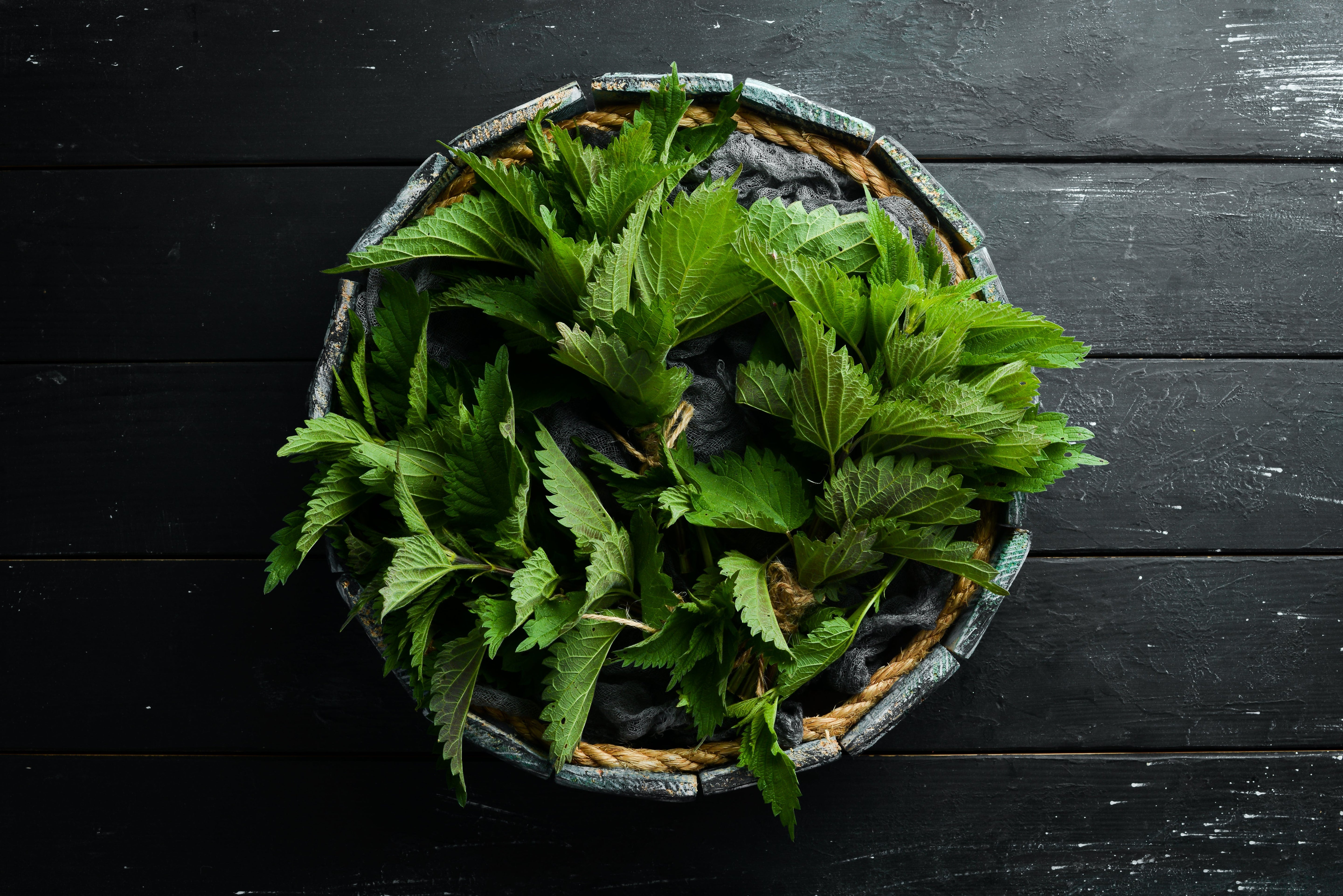Lapacho Bark (Pau d’Arco)

- Antimicrobial and antiparasitic effect
One of the strongest actions of Lapacho bark is against viruses. It has been shown to actively inhibit, kill or stunt the growth of several dangerous viruses and bacteria. Lapacho bark selectively inhibits the growth of pathogenic bacteria such as Clostridium perfringens, Helicobacter pylori and Escherichia coli, while not destroying the beneficial intestinal bacterial flora: Bifidobacterium adolescentis, Bifidobacterium bifidum, Bifidobacterium infantis, Lactobacillus acidophilus, and Lactobacillus casei. - Genital infections
Lapacho bark helps in reproductive organs infections, it can be used for rinses, wraps and irrigation. The use of bark extracts (both internally and externally) is recommended in genital mycotic infections, viral (herpesal) and bacterial infections, inflammation of the urethra and cervix. - Anti-cancer effect
Proponents of Lapacho bark says that it is one of the most important anti-tumor agents in the entire world. It has been found especially useful in the treatment of leukemia. Lapacho bark is believed to stimulate the production of red blood cells in bone marrow. Extracts from the Lapacho bark shows activity (in vitro) against many other cancer cells, among others breast cancer, prostate cancer, ovarian cancer, laryngeal epithelioma, malignant melanoma, breast cancer, lung adenocarcinoma and cervical cancer. - Boosts the immune system
Lapacho supports the work of the immune system. It also improves the functioning of the liver and lymphatic system, which indicates a strong detoxifying activity. Therefore, doctors often recommend lapacho to patients after chemotherapy - Digestive system support
Lapacho bark positively affects the functioning of the digestive system. Supports intestinal function and digestive processes, while fighting parasites. It has also been proven that it relieves the symptoms of ulcers.
Lapacho should not be used by pregnant or breast-feeding women or persons taking anticoagulants. In the initial phase of admission, nausea and abdominal pain may occur, which should eventually subside.
This information is not intended to diagnose, treat, cure, or prevent any disease.
Not intended for use by pregnant or nursing women. If you have a medical condition or are taking medication, consult your doctor prior to use.






